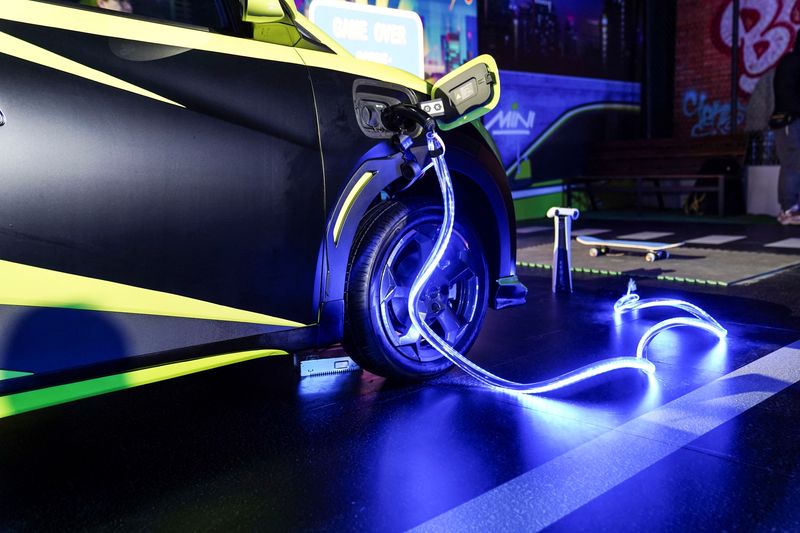Chinese carmakers keen to sell their electric vehicles around the world are building more factories in overseas markets.
But these moves have caused friction with automakers in the United States, Europe and many other countries who have generally been much slower to produce EVs – with most saying China’s state subsidies give their car producers an unfair trade advantage.
This anxiety has led to foreign regulators debating whether to impose tariffs and other measures against imports of electric cars made in China.
ALSO SEE: China’s Nio, CATL to Work on Batteries With Longer Lifespans
On Wednesday, it was reported that Chery Auto is holding talks with the Italian government to manufacture there. Should the talks succeed, Chery would be among the first Chinese automakers with a European manufacturing presence.
The growing clout of China car exports looks set to spur a wide range of retaliatory responses.
Meanwhile, here’s what Chinese automakers are planning:
BYD
The world’s largest EV maker has been building car factories in Thailand, Brazil, Hungary and Uzbekistan.
BYD started production at the Uzbekistan plant in January with a Song Plus hybrid crossover. The factory has a planned annual production capacity of 300,000 vehicles.
Under a partnership with Thai industrial developer WHA Group, BYD will produce 150,000 EVs per year in Thailand and its local plant is expected to start operation later this year.
Its Brazil manufacturing complex is expected to start operations by year-end, or in early 2025, with an estimated annual production capacity of 150,000 units in the first phase.
BYD announced its Hungarian plant producing EVs and plug-in hybrids in December, saying it would create thousands of local jobs, boost the local economy and support local supply chains. It didn’t say when production could start.
BYD also said it is looking for a location in Mexico for a factory with production capacity of 150,000 cars annually for local sales solely.
BYD has capacity to produce 4 million cars in China annually. Its biggest overseas markets in 2023 included Thailand, Brazil, Israel and Australia.
CHERY AUTO
Chery Auto, China’s largest automaker by export volume, said last year it would invest $400 million to set up a factory in Argentina producing 100,000 cars by 2030.
The company sold more than half of its cars outside of China in 2023, the majority of them with gasoline engines. Russia is its largest overseas market while it also has a big presence in Latin America.
In 2014, it set up a plant in Brazil which has an annual capacity of 150,000 units.
Chery is considering building a car factory in the UK this decade, the Financial Times has reported.
SAIC MOTOR
State-owned SAIC, China’s second-largest auto exporter with its MG-branded cars, is looking for a site in Europe to set up a plant for EV production.
SAIC has built three overseas car plants in Thailand, Indonesia and India. It also has a so-called knocked down (CKD) assembly plant in Pakistan where it puts together cars from parts delivered to the site.
GREAT WALL MOTOR
Great Wall Motor has a factory in Thailand with an annual capacity of 80,000 units.
GEELY
Geely, whose brands include Lotus and Volvo, has factories in Belarus, United Kingdom and Indonesia.
- Reuters with additional input and editing by Jim Pollard
ALSO SEE:
China Lunar New Year Holiday Caps Global EV Sales
Tesla Eyes Southeast Asia’s EV Boom But Faces China Challenge
China EV Firms Can Destroy Rivals Without Trade Barriers: Musk
Chinese EV ‘Invasion’ Forces Western Rivals to Slash Costs
BYD’s Thai Distributor to Triple EV Outlets as Sales Boom
Tesla Gains $31m Shanghai Land For New Megapack Battery Plant
Chinese Car Exports to EU Seen Hit by Red Sea Ship Attacks
France Reworks Subsidy Criteria to Cut-Off Chinese EVs – Nikkei























